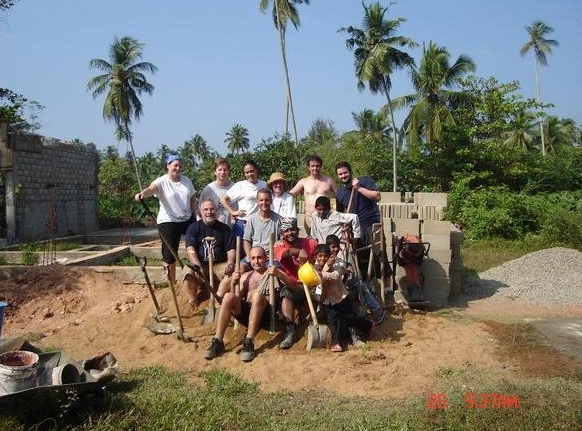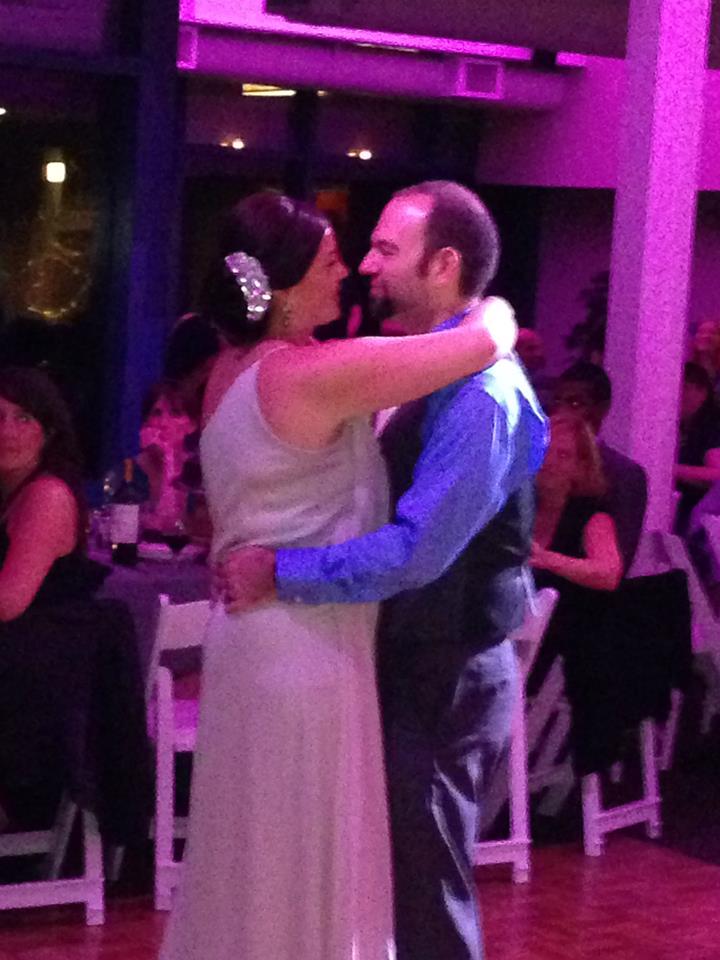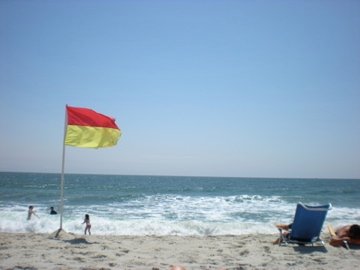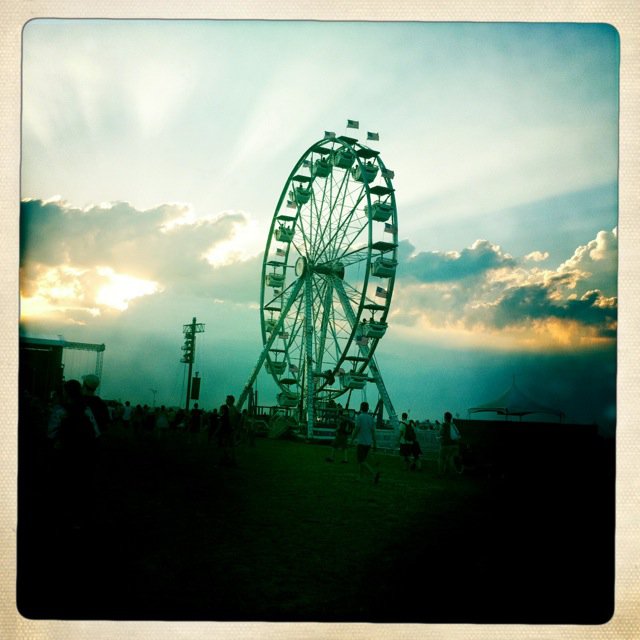 I tried fresh coconut for the first time in Sri Lanka, sipping the warm liquid straight from the shell, and it tasted like the opposite of how it smelled, sweet and dewy and mild. An impromptu game of cricket had started, and I took the opportunity to rest my feet, my back. Six days of labor were behind me, but two remained ahead, stretched out like impossible scenarios.
I tried fresh coconut for the first time in Sri Lanka, sipping the warm liquid straight from the shell, and it tasted like the opposite of how it smelled, sweet and dewy and mild. An impromptu game of cricket had started, and I took the opportunity to rest my feet, my back. Six days of labor were behind me, but two remained ahead, stretched out like impossible scenarios.
In 2006 I went to Hikkaduwa, a coastal town in southern Sri Lanka that had been washed away by the 2004 tsunami. When I got off the plane, a 13 hour flight from London, the air was so thick — it was mid-January, their summer — that it lodged itself in my throat and stayed there all eight days, wrestling with my airways. My hair hung in limp ringlets, thin against my head. Everything everywhere around me drooped.
Crossing the street from the hotel to the line of shops, bursting with tarnished jewelry and buddha statues, was a risk. There are no real traffic laws in Sri Lanka. Limbs hung out of buses where windows should be, person on person; stray hands that rested flat against the rusting bus, resigned to the kind of heat that no breeze can shake.
One night we took a canoe through the river, rounding bends over alligators. I had never seen anything so beautiful, so still. I had never felt more different. We ate a meal I can’t remember in a backyard lit up with torches, but I bet the fish was still on the bone; I bet I thought, this fish survived the tsunami only to be eaten by me, a stray American.
Today I am working on some revisions — converting a series of third person chapters into first — and Mike Doughty is playing on my iPod. For some reason I was really into “I Hear the Bells” that winter of 2006, and when I mixed the cement that week, turning heavy piles of stone and paste over and over with impossible shovels, I sang that chorus in my head; the same refrain over and over. Now I can't hear it without feeling that blanket of heat, that angry sun. That last day, the day of coconut drinking and cricket, the day I watched a group of local kids tease the Aussies and Brits about their game play, was the day my arms gave out. Too much cement, too much shoveling. Too much left to do; what was the point when 15 people couldn’t even build a single house that week, when so many people had lost everything.
The moments of kindness still stick out the most. Afternoon tea breaks, steaming hot and sugary, still the best tea I’ve ever experienced, and the best company — a family of seven, living in a house of two rooms, sharing a single bed, and still offering us all they had, all they could think of. A colleague, seeing my collapse, who said, “You’re good, you’re good, here, come sit next to me,” and every year after that we’d still meet up for lunch in London, until one year we didn’t anymore, and now I can’t even remember his name.
But I remember his eyes and the way they helped me that day. I remember the cement, and the shovels; the ladders we stood on to reach the rooftops, the creaking of my hips each night as I stretched out, sore and stiff. The soupy air. The Buddha statue in the middle of the Indian Ocean. The lapping of the water over my ankles, the sunsets, the tourist bars. The knowledge that I would forget most of this soon, that I’d never see these people again.
 On the dance floor, halfway through our first dance, which we almost didn't even do, the DJ announced that everyone was invited to join us. No one moved. My heart pounded; already it had been too long a time of people staring at us, too much time in the spotlight. So she repeated it, insistently, and I laughed out loud, grateful to her, and suddenly the floor was bursting with people, overflowing with couples dancing. We swirled around in the middle and I gripped my new husband tighter and I saw my parents, my aunt and uncle, all our friends flooding into us, and right then, I thought, "This is it, this is the moment that encapsulates everything."
I was so much more affected by that first dance than I ever expected to be. And that is the cool thing about weddings, about big life events, about life in general: what you don't expect to gut you sometimes does, and it's everything.
On the dance floor, halfway through our first dance, which we almost didn't even do, the DJ announced that everyone was invited to join us. No one moved. My heart pounded; already it had been too long a time of people staring at us, too much time in the spotlight. So she repeated it, insistently, and I laughed out loud, grateful to her, and suddenly the floor was bursting with people, overflowing with couples dancing. We swirled around in the middle and I gripped my new husband tighter and I saw my parents, my aunt and uncle, all our friends flooding into us, and right then, I thought, "This is it, this is the moment that encapsulates everything."
I was so much more affected by that first dance than I ever expected to be. And that is the cool thing about weddings, about big life events, about life in general: what you don't expect to gut you sometimes does, and it's everything.


